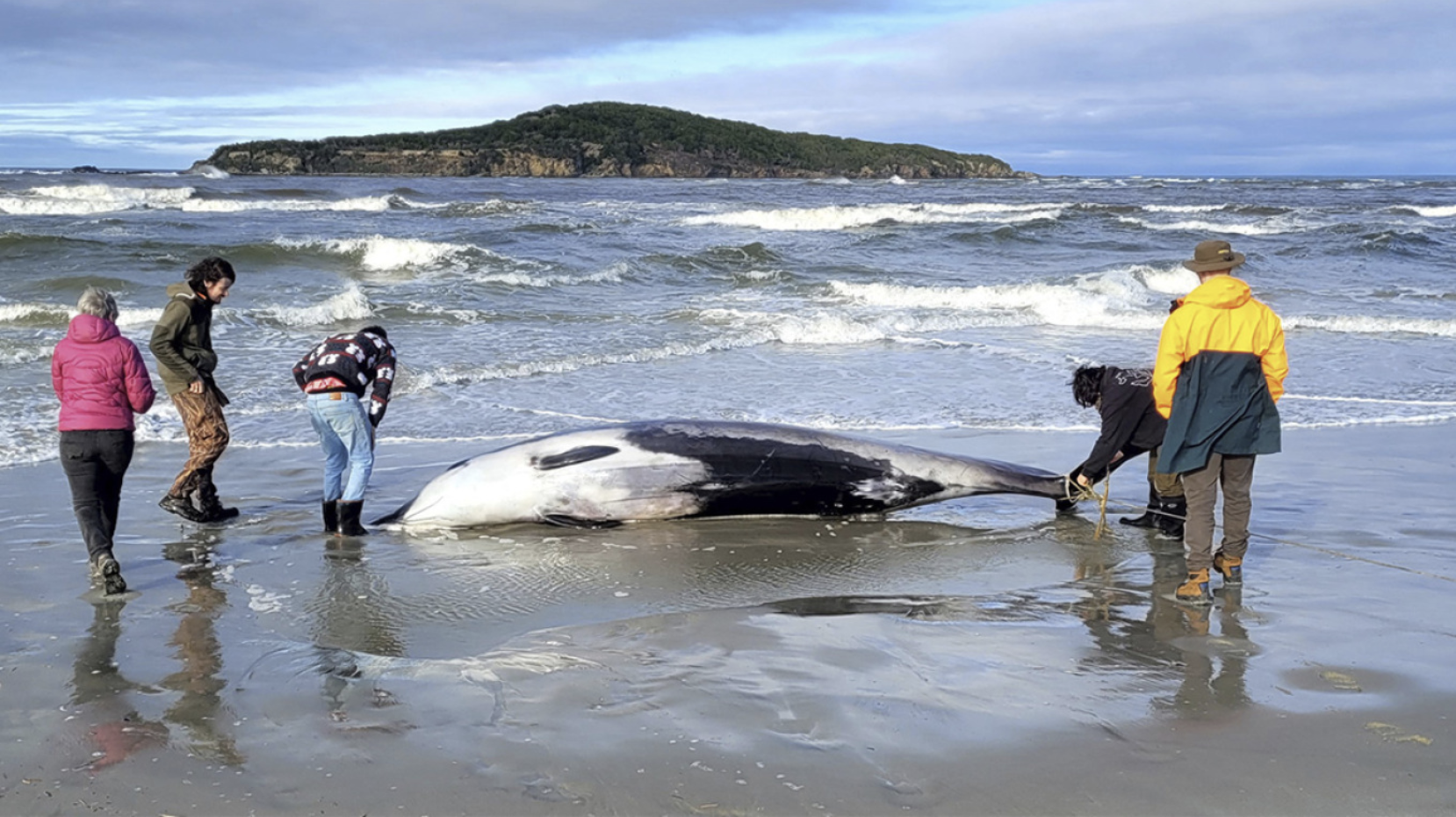Scientists have identified a whale that washed up on a New Zealand beach last month as the world’s rarest whale.
Specifically, as reported by the BBC, scientists who examined the dead animal identified the whale as the whale with “shovel teeth,” which is the rarest in the world.
This particular species of whale, in fact, is considered so rare that it has never been seen alive, with only six specimens ever recorded worldwide, according to Department of Conservation (DOC) official Gabe Davis.
Rare spade-toothed whale washes up on a New Zealand beach.
— Sky News (@SkyNews) July 15, 2024
Spade-toothed whales are so rare that only seven have ever been discovered and none of them alivehttps://t.co/IxJWo1SHd7 pic.twitter.com/PDFFSS2lHr
The creature, first observed in 1874, is five metres long and was identified by its beak, colour patterns, teeth and skull shape. In fact, the whale is said to resemble a giant dolphin.
The whale’s remains have been placed in cold storage while DNA tests are carried out, with experts saying it could take several weeks before a final identification is confirmed.
Since little is known to the scientific community about the ‘spade-toothed’ whale, as the creature has never been observed by scientists in life, this dead animal could help to discover more about this rare species.
Local officials were notified of the whale that washed up at the mouth of the Taiari River in the Otago province of New Zealand’s South Island on July 4.
New Zealand’s Māori consider the “spade-toothed” whales to be a “taonga”, or sacred treasure, and the DOC said local Māori communities would be involved in deciding the fate of the whale.
Ask me anything
Explore related questions





